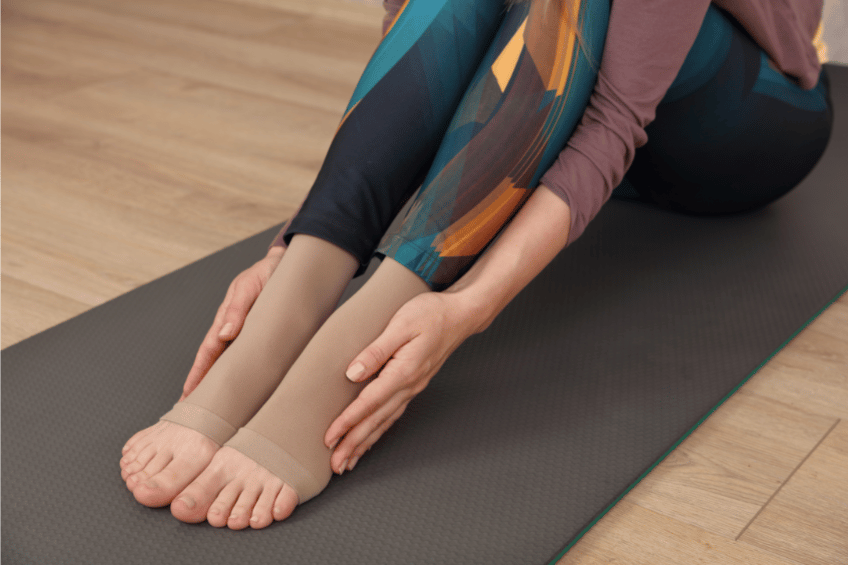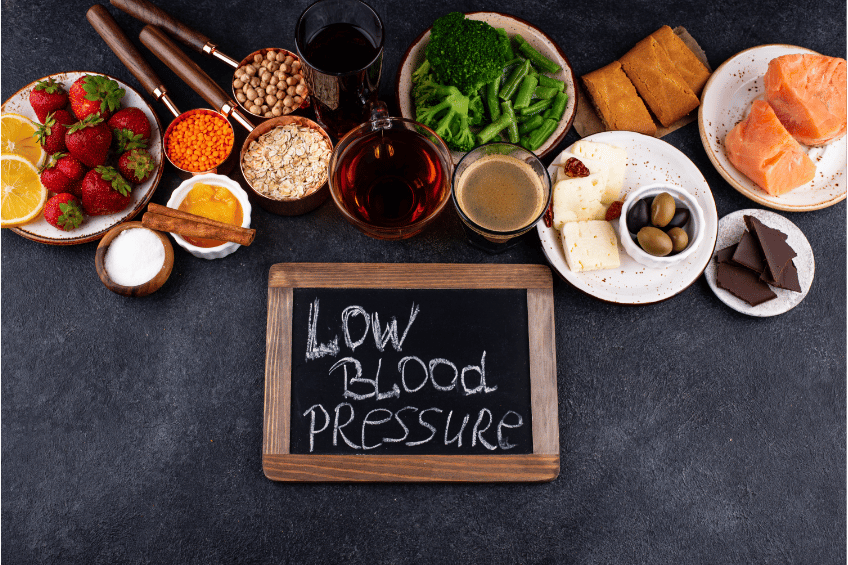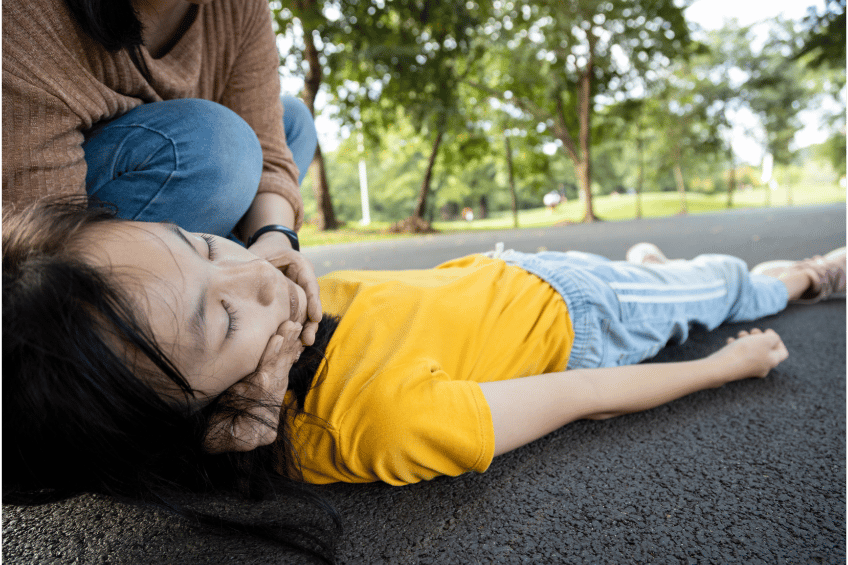Treatment
The first step is to treat any underlying medical conditions or diseases. Asymptomatic low blood pressure usually does not require treatment. If the low blood pressure is caused by medication, for example, it is often sufficient to adjust the dose to correct it. If the cause is a disease, such as diabetes, then treatment depends on the particular illness. If the reason is dehydration, then drinking more fluids is recommended. Also, a change of lifestyle is often required (for example, stopping alcohol or cannabis consumption, drinking water regularly, avoiding getting up too quickly).
The doctor may also administer intravenous fluids if the heart is able to handle extra fluids. As an additional way to treat the consequences of low blood pressure, compression stockings are sometimes prescribed to help the blood flow back to the heart.

Preventing Hypotension
It is possible to prevent sudden blood pressure (or make them less frequent) and generally improve the quality of your health and life by adopting a few good habits:
- Stay well hydrated: Drink regularly, at least 1.5 to 2 liters of water per day.
- Don’t hurry when standing up: before getting out of bed, stretch and sit for 1 minute on the edge of the bed to avoid orthostatic hypotension.
- Avoid standing and staying still for too long.
- Avoid alcohol. Even in moderation, it can contribute to hypotension.
- Use cannabis responsibly and with care.
- If necessary, wear compression stockings, as they regulate blood circulation by limiting the sudden influx of blood into the legs.
- Do not cross your legs when sitting: it creates pressure on the veins and forces the blood to stay in the lower part of the body.
- In case of heart problems or high blood pressure, see your doctor regularly to timely adjust the dosage of your medication.
- Avoid staying too long in a place where it is very hot (like a sauna).
- Regular physical activities are always good for the health (cycling, walking, hiking, gymnastics, swimming).
- A balanced diet is key to a healthy life. Make sure it is sufficiently (but not excessively) salty, as salt helps retain water in the arteries and thus contributes to increasing blood pressure.
- In case of postprandial hypotension, avoid heavy meals: prefer lighter and frequent meals, not too rich in sugar.
- Raise the head of your bed by about 6 inches (15cm) (with bricks or heavy books).
As soon as symptoms appear, it is possible to reduce them by repeatedly squeezing a ball or grabbing both hands in front of the chest and pushing them away vigorously. Finally, there are other ways to facilitate venous return; for example, by crossing your feet and pressing your legs together, tilting your chest forward, or squatting.

What To Do If Someone Faints
Lay the person down and raise their legs (at least 45° angle) to bring the blood to their brain, apply cool wet cloths to the forehead or neck. If the fainting is due to hypotension, the person will regain consciousness immediately. If the person does not regain consciousness quickly, call emergency services.
Even though low blood pressure itself is not dangerous, it can be an important warning sign. Never hesitate to see a doctor if anything worries you.
